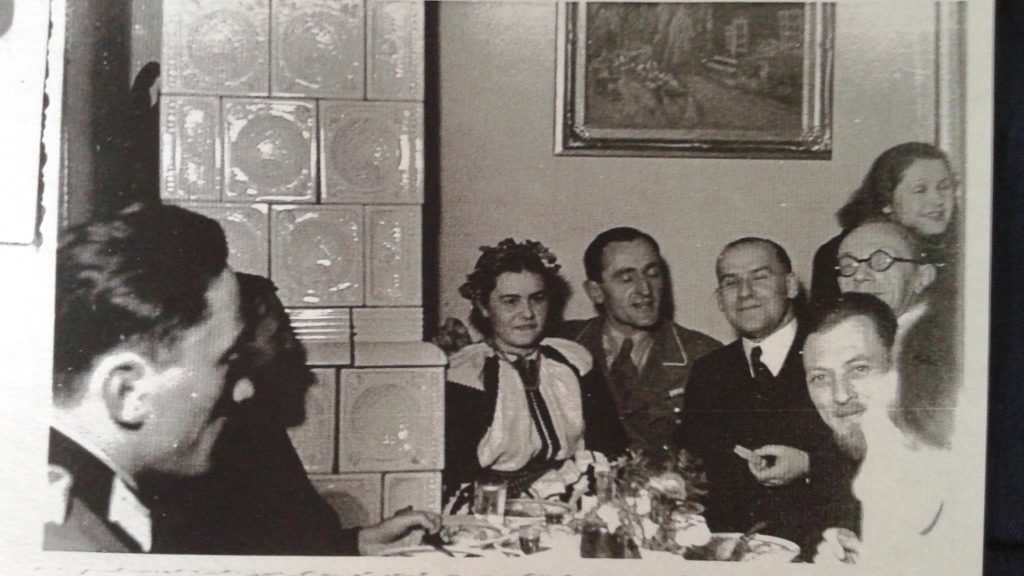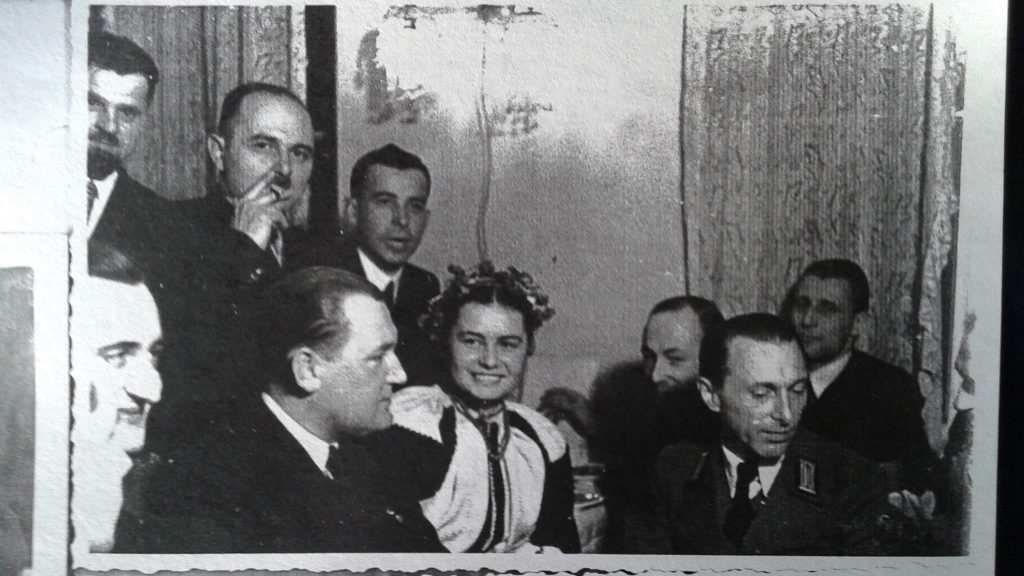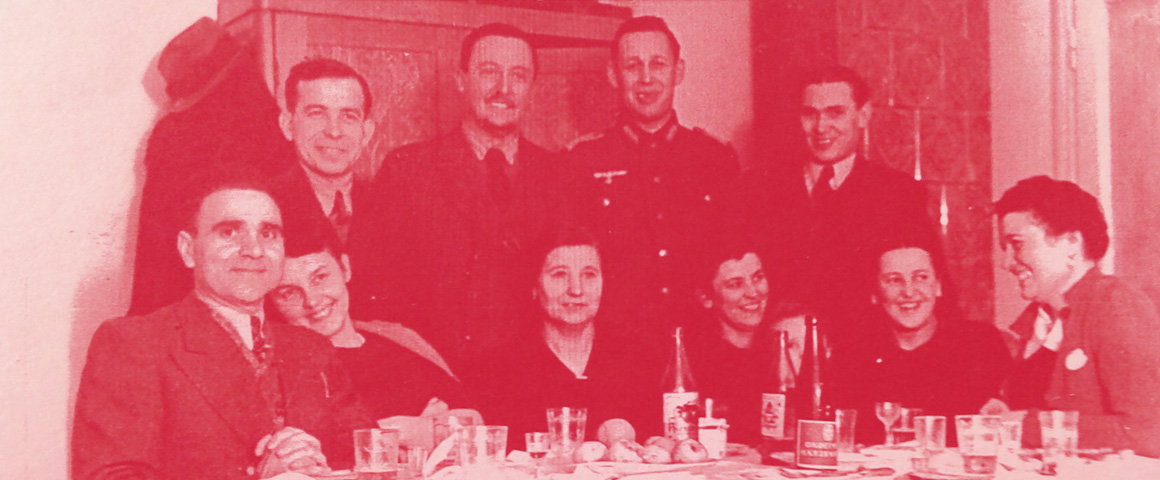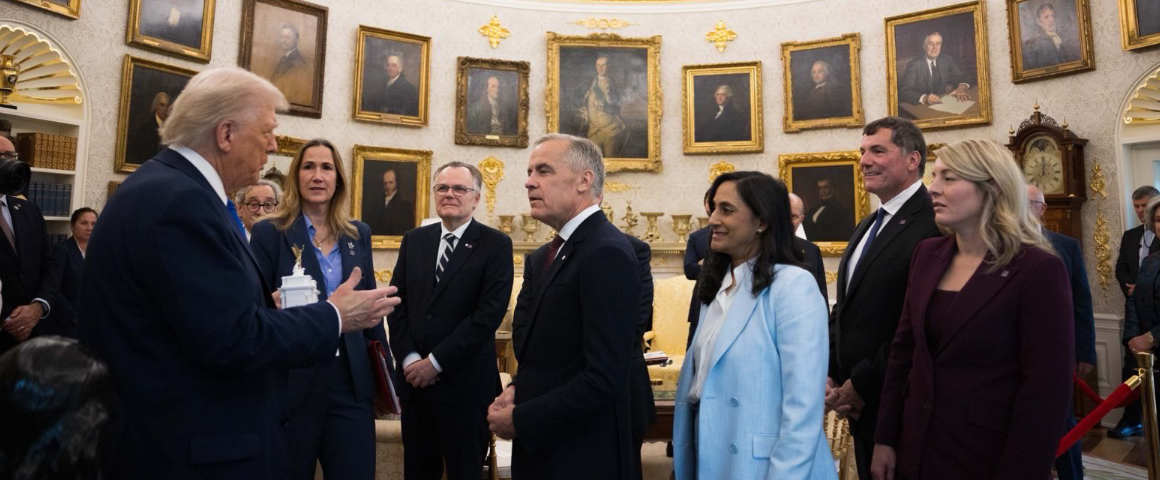The corporate media has left many questions unanswered about recent news that Mykhailo Chomiak, the grandfather of Foreign Affairs Minister Chrystia Freeland, was editor of the Krakivski Visti, referred to as a Nazi “collaborationist newspaper” by the Los Angeles Museum of the Holocaust.
The most important question is, how did Khomiak gain admission to the United States and Canada after the war? The second, is why he was never prosecuted like many other Nazi collaborators for his crimes?

According to David Matas, senior legal counsel for B’nai Brith, “Chomiak died in 1984. He has been dead for more than 30 years. The Deschenes and Government files on him, if there are any, should be made public”.
A second set of questions are raised by Freeland’s association to this figure, with whose right-wing Ukrainian nationalist dreams she openly identifies: “That dream persisted into the next generation, and in some cases the generation after that”, as she wrote in May 2015.
Of most concern to leftists is her activist anti-communism. For example, on January 28, 2015 Freeland was the only Liberal MP to join with Conservative MPs, including Jason Kenney, in a ceremony celebrating a gift from the government of Latvia to the “Memorial for the Victims of Communism” project.
In her book entitled Plutocrats, moreover, she offers a shocking defense of “global capitalism”. Not only is it strange that she chose this term for her title, given its history as code word for “Jew” in the speeches of Hitler and Goebbels, but statements like the following in the book are a warning signal to all leftists about her agenda:
“America really does need many of its plutocrats. We benefit from the goods they produce and the jobs they create. And even if a growing portion of those jobs are overseas, it is better to be the home of these innovators—native and immigrant alike—than not. In today’s hypercompetitive global environment, we need a creative, dynamic super-elite more than ever.”
Freeland’s stance goes a long way to explain her anti-communism and her collaboration with the global capitalist elite as an editor for the Globe and Mail and the Financial Times.

Ukrainian nationalism is in no small part a reaction to the difficult early period in Soviet history marked by Civil War and the Holodomor (though the causes of the latter event are still debated by historians). However, her grandfather’s education and white-collar career suggest that her family’s nationalist aspirations were of a different order than that of the peasants in the field.
In her previous post as Minister of Trade, Freeland’s success in pushing through the EU-Canada free trade deal (CETA), which protects investor rights at the expense of those of labour and the environment, was a major victory for her capitalist agenda.
Now as Minister of Foreign Affairs, she has turned her attention to a major military build-up in the Ukraine and Latvia designed to secure the economic benefits of CETA, and the Canada-Ukraine Free Trade Agreement (CUFTA), which she also pushed through Parliament. No wonder she is banned from travel in Russia.
They say the apple does not fall far from the tree.




